Groups & Becoming a 'Garden Writer'
pkock
20 years ago
Related Stories
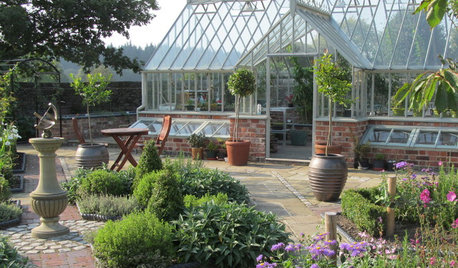
GARDENING GUIDESWindy English Plot Becomes a Kitchen Garden
A garden in Derbyshire’s Peak District combines practical elements and beautiful design
Full Story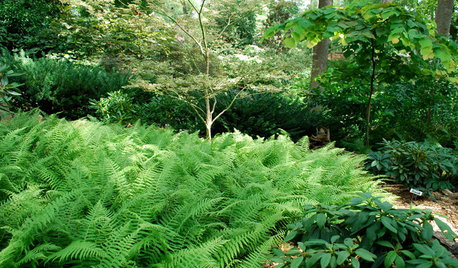
PLANTING IDEASFerns: A Shade Gardener’s Best Friend
Bring rich texture and contrast to a dark woodland landscape with wonderfully diverse ferns
Full Story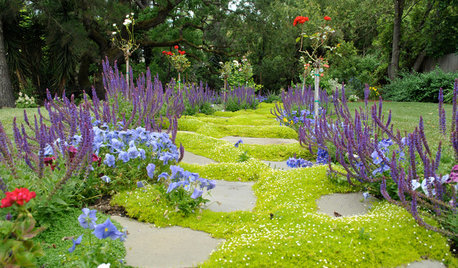
LANDSCAPE DESIGNExplore Your Garden Personality: The Whimsical Gardener
Begging exploration and drawing smiles, whimsical gardens make an art form of fun. Here’s how to keep them in balance
Full Story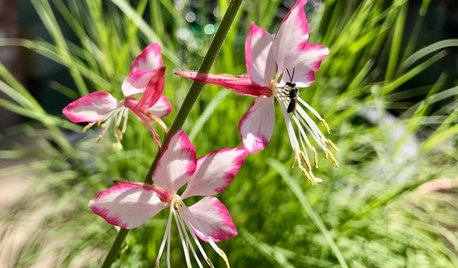
GARDENING GUIDESHow to Find Your Garden’s Voice
Incorporate plants native to your region for a memorable space that brings back the landscape’s ‘regional accent’
Full Story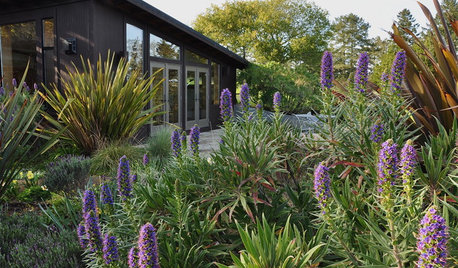
CALIFORNIA GARDENINGCalifornia Gardener’s July Checklist
This month, you’ll find delicious stone fruit to taste, veggies and berries to harvest, and an easy way to save water
Full Story
GARDENING GUIDESGet the Dirt on Your Garden’s Soil
Understand how your soil supports your plants so you can ensure your garden’s success
Full Story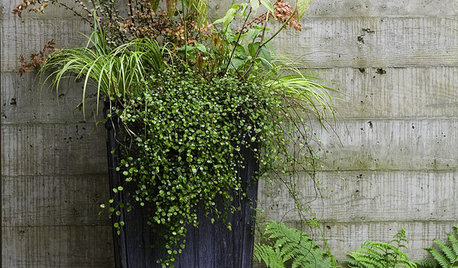
GARDENING GUIDESThe Secret Formula for Grouping Plants in a Pot
Designing a gorgeous container garden is easy once you know this simple rule of thumb for composition
Full Story
ROOM OF THE DAYRoom of the Day: A Dark Porch Becomes a Cozy Sunroom
Energy-efficient building practices and creative vision help turn a formerly unused space into a spot for reading and gardening
Full Story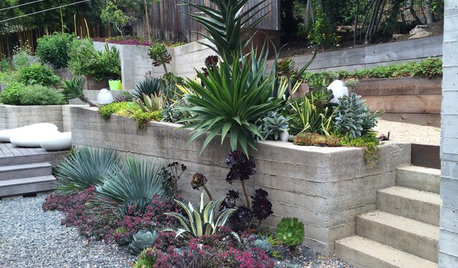
GARDENING GUIDESHow Succulents Can Solve Your Garden Problems
This large group of undemanding, water-wise plants offers pretty and practical answers to your gardening dilemmas
Full Story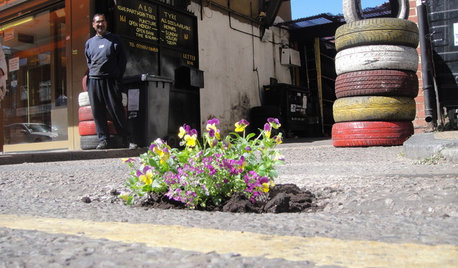
FUN HOUZZGardening Happiness Found ... in Potholes
Imperfections in roads and sidewalks become miniature works of art — and unlikely sources of joy — at the hands of a London gardener
Full Story





trudi_d
eddie_ga_7a
Related Professionals
Ashburn Landscape Architects & Landscape Designers · Lake Oswego Landscape Architects & Landscape Designers · Marco Island Landscape Architects & Landscape Designers · Redondo Beach Landscape Architects & Landscape Designers · Brooklyn Center Landscape Architects & Landscape Designers · Cincinnati Landscape Contractors · Methuen Landscape Contractors · Shoreview Landscape Contractors · Siloam Springs Landscape Contractors · Kuna Fence Contractors · Lake Jackson Fence Contractors · San Antonio Fence Contractors · Windsor Fence Contractors · Teaneck Fence Contractors · Orangevale Fence ContractorsJohn_D
acj7000
John_D
acj7000
eddie_ga_7a
bothersome_bertha
clfo
RaymondeSJ
acj7000
shenandoah
heathernijoli
Paul_OK
AngelaInSacramento
Aurore
mdvadenoforegon
pkockOriginal Author
eddie_ga_7a
pkockOriginal Author
mdvadenoforegon
icreate
John_D
Aurore
Pumpkinhead_MS
shadowgarden
Jennifer_Ruth
laa_laa
live_oak_lady
poppa
laa_laa
magnolia2017
John_D
eddie_ga_7a
hayefield
LeahB
geoffbryant
live_oak_lady
pkockOriginal Author
Mozart2
pinetree30
Mozart2
Mozart2
poppa